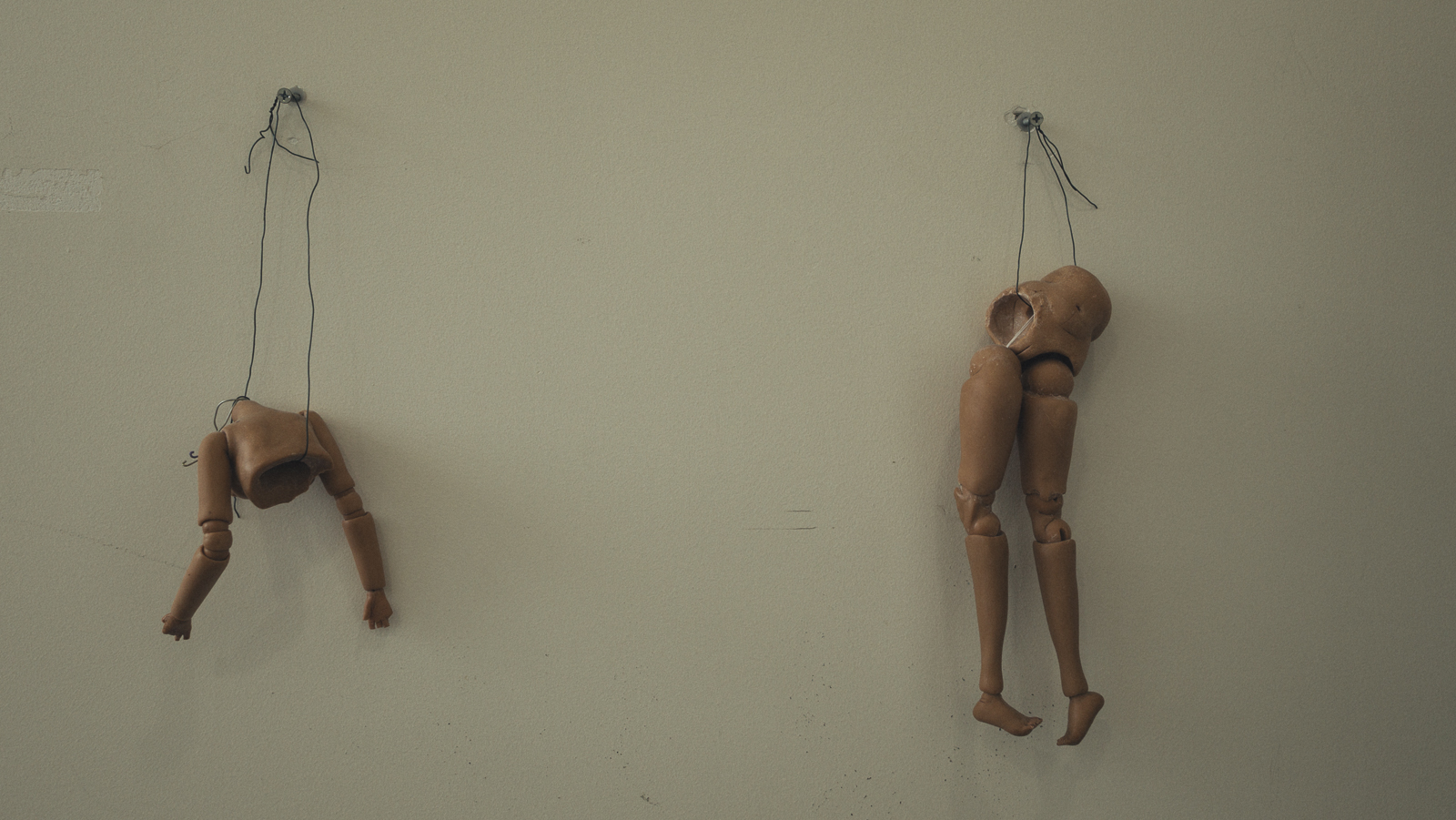It is impossible not to be captivated by these creations. Since I was preparing for my trip to southern Vietnam, their eyes, expressions, and wistful elegance have captured me immediately. That is how I contacted the one who gave birth to these creatures, Vietnamese artist Bui Thinh Da. The day after arriving in Ho Chi Minh City, I was invited to visit his studio. This is where the elements are transformed into porcelain, and the dolls come to life.
Bui Thinh Da is a 20-year-old boy with talent as disarming as his smile. “I was born Soc Trang, a small town in southern Vietnam, but today I live and work in Ho Chi Minh City. I am a graphic design student and an artist. I create BJD dolls, jointed porcelain dolls,” he tells me, pointing to the few dolls currently in his studio. “At the age of 12, I discovered the existence of these types of dolls online and immediately fell in love with them. Their jointed structure, made possible by ball joints, allows them to be given an infinite number of different poses. I wanted one for myself, but I couldn’t afford it. They are very expensive dolls. But I didn’t want to give up, and so I thought I would try to build one myself.”
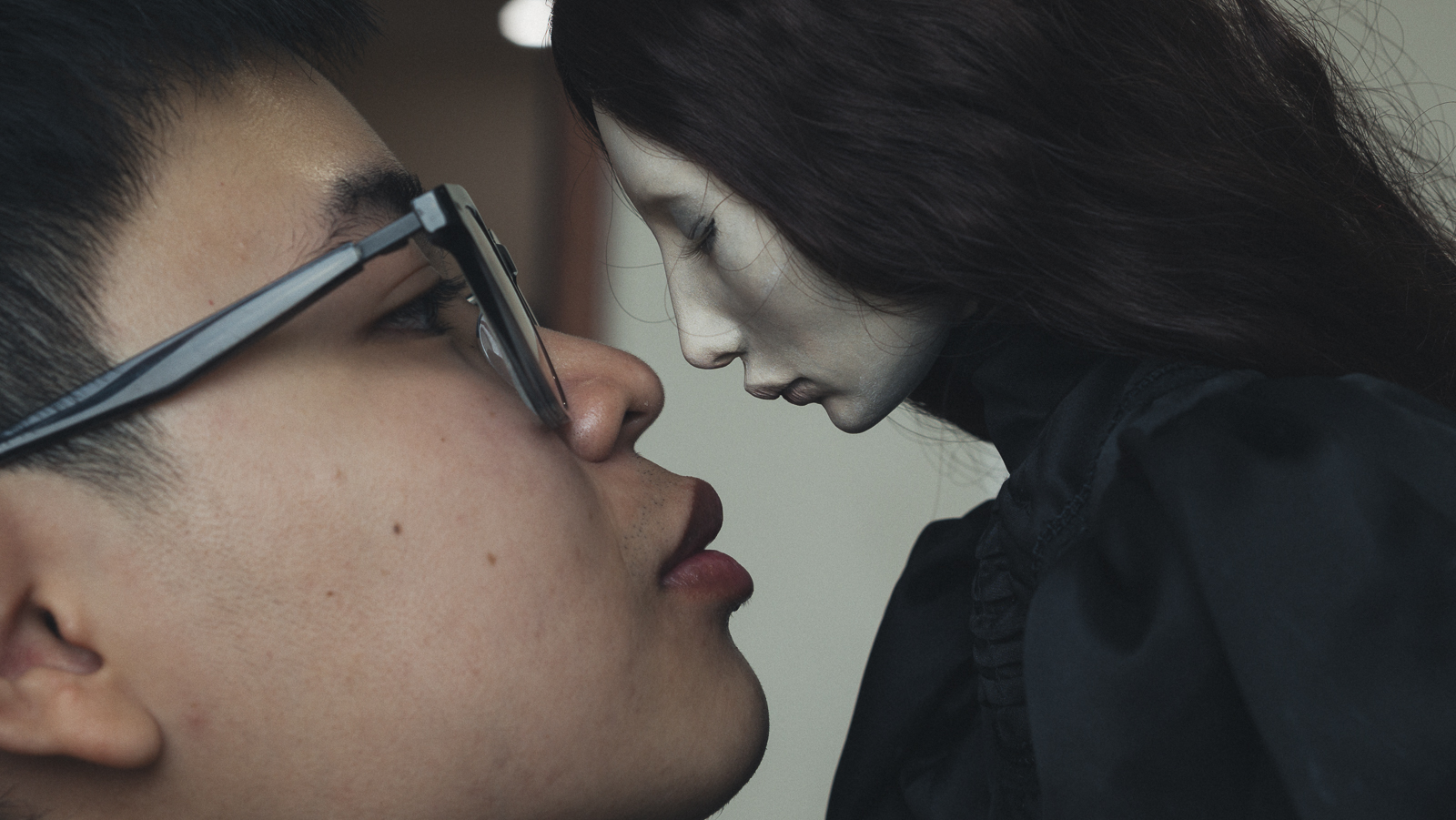
Overcoming prejudices
Bui Thinh Da’s love for this art form was all-encompassing from the start, but not without its challenges. “At first my family disagreed. It was strange for them to see me playing with this kind of toy defined as ‘for little girls.’ They were not very happy about it. With time, however, I was able to show them that it is a real art form.”
To create these dolls Bui Thinh Da had to develop countless different skills. She studied human anatomy, how to make porcelain, how to sew clothes, how to make shoes, how to make make-up and how to style hair. “Today my parents support me completely. Just think, they even gave me BJD dolls made by other artists to motivate me and inspire me. My friends do the same: whenever they see a particular doll they take a picture and send it to me. Even they didn’t completely understand this art form of mine in the beginning but today they respect this uniqueness of mine and support me in pursuing it.”
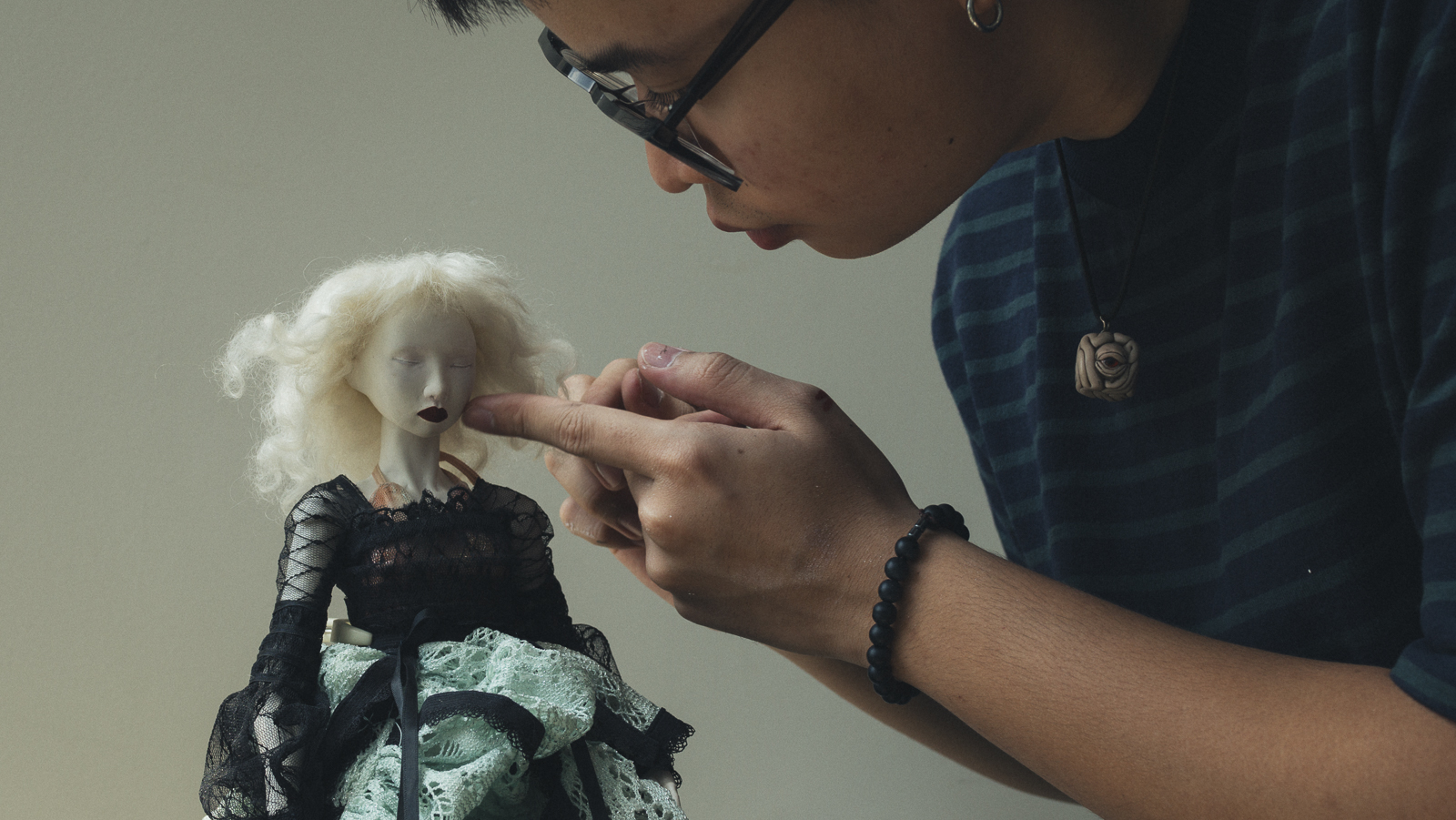
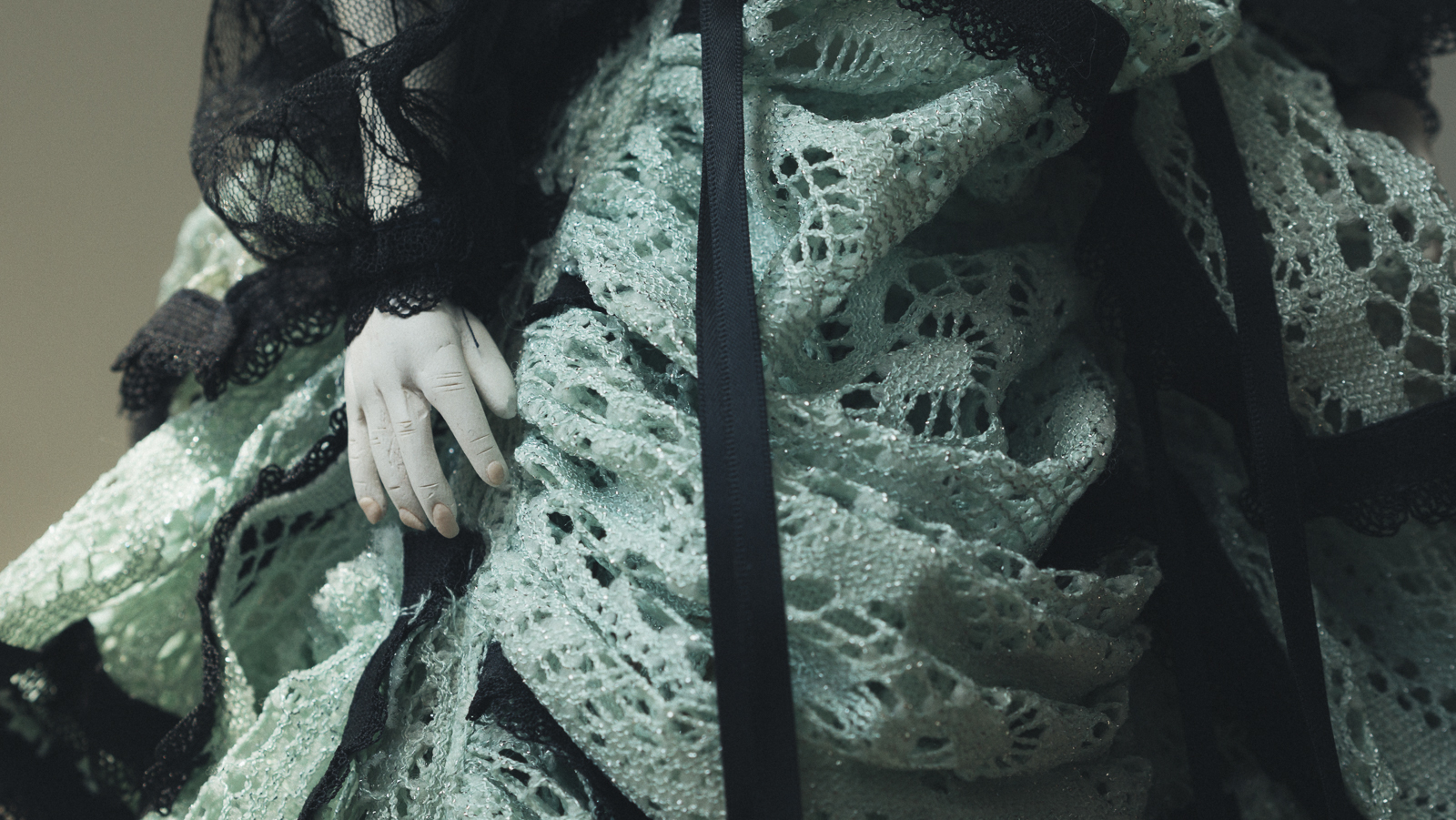
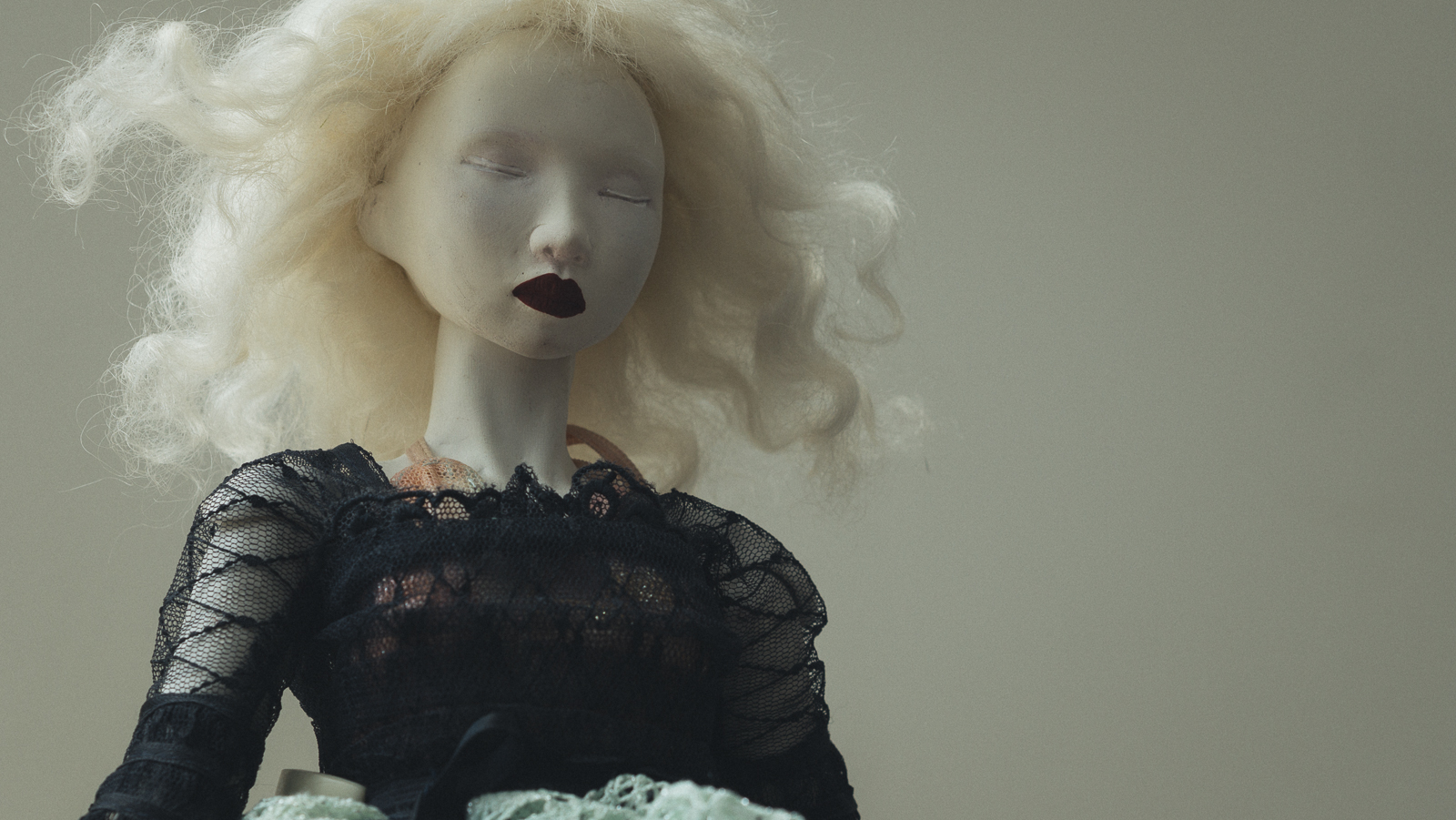
Unconventional beauty
The dolls created by Bui Thinh Da are called Dadad Doll. “Da is my name. Dad means ‘father’ in English and combined with the word ‘doll’ it recalls this role of mine as a doll maker. To me, these dolls are not toys. They are an art form. Before I create a doll, I usually sketch on paper of how I imagine it. Only after that do I start working with porcelain. On average, it takes me four to five months to finish a BJD doll.”
“Each doll has its own story and each one communicates a message to those who see it. For example, I created a doll with vitiligo. After sharing photos of it on different forums, many people wrote to tell me that they empathized with this doll. My works do not conform to conventional standards of beauty because I believe that beauty lies not only in appearances but in a person’s soul. Each doll I create is unique; no two are alike. She thinks I even give them a name and then stay in touch with the people who buy them. I like to continue to have a connection with my creations. I like to see them in their new homes. And then, some collectors also decide to create new clothes for their (my) dolls, just as if they were living creatures. And that is something that always moves me.”
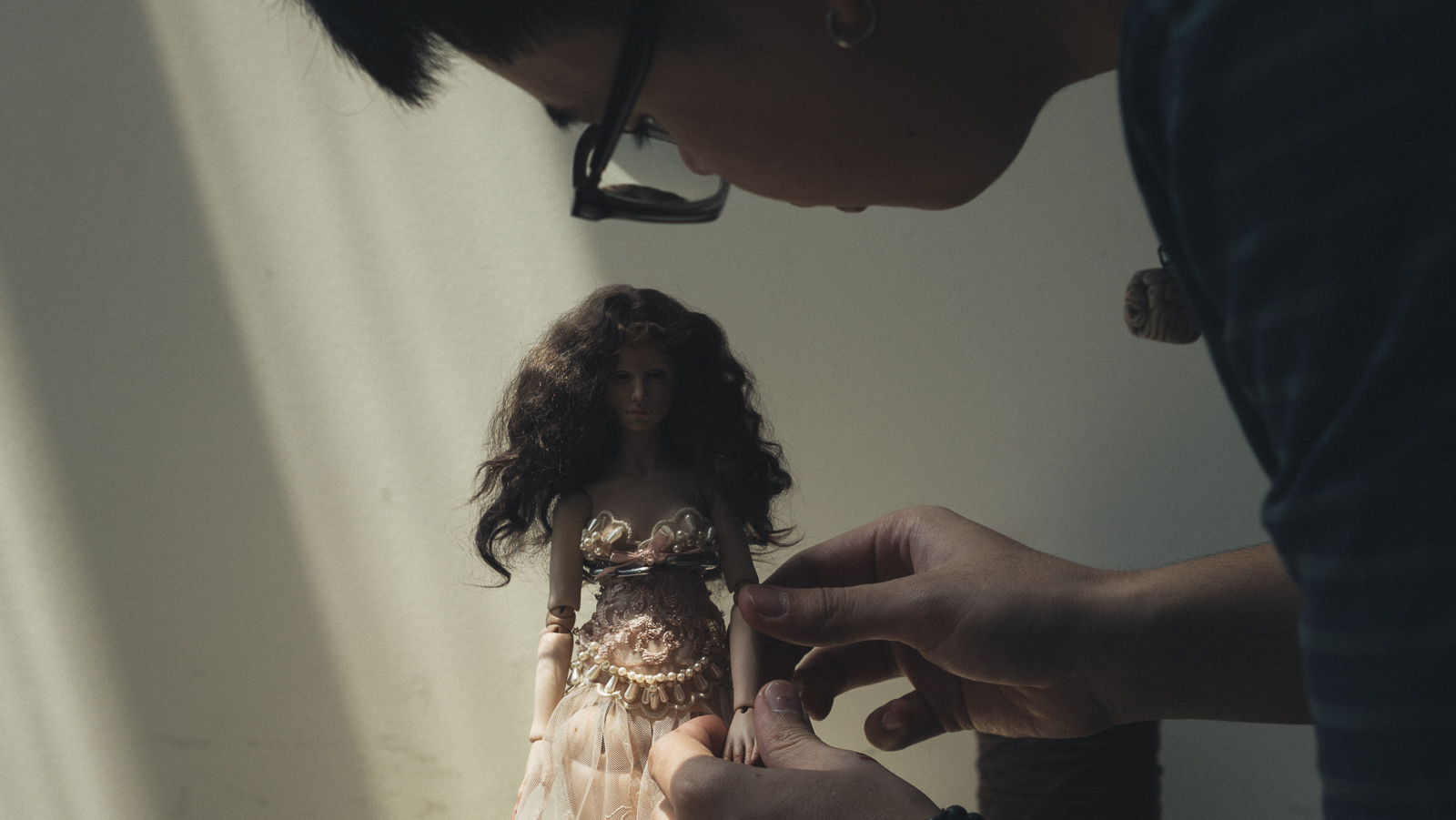
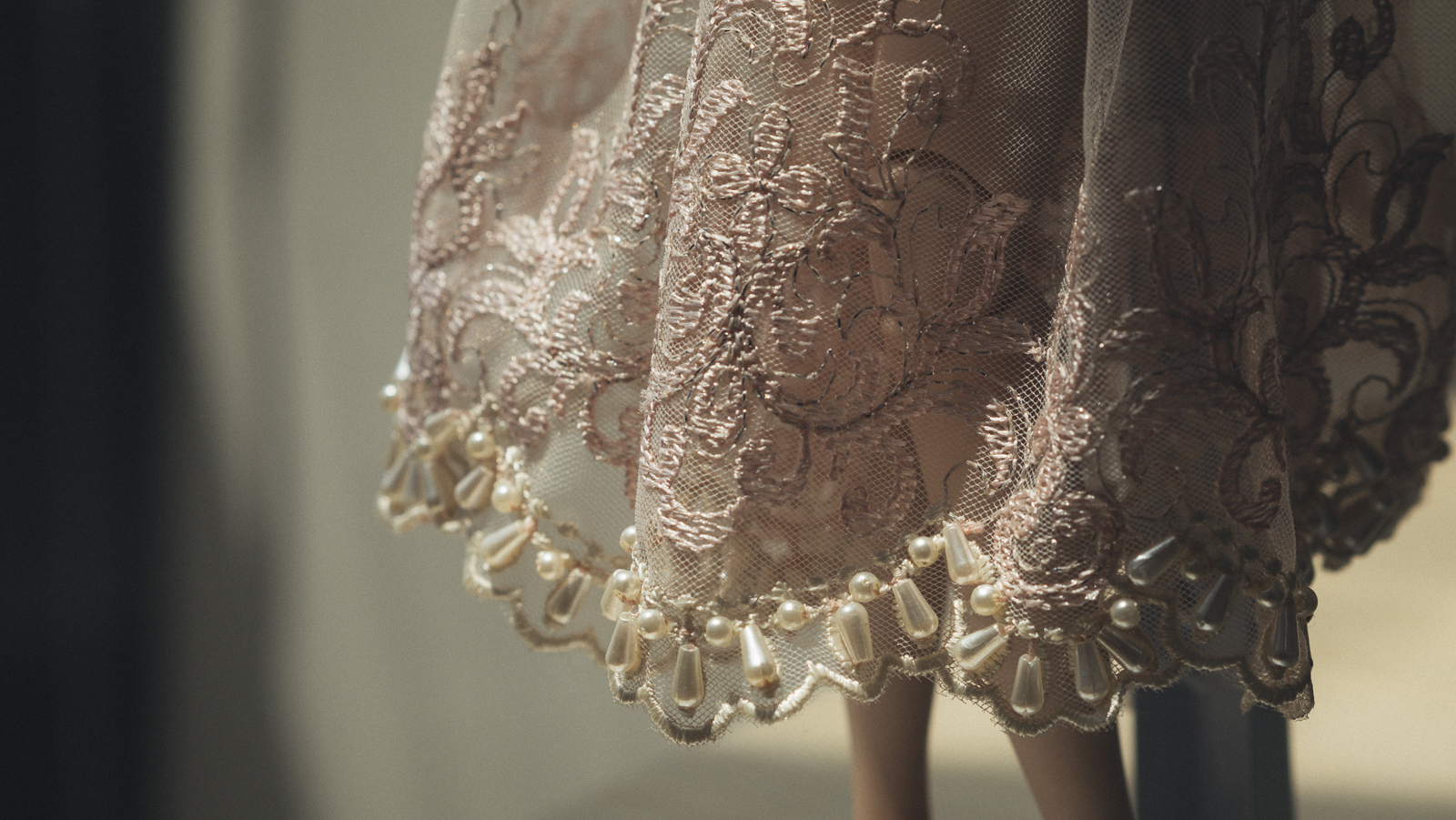
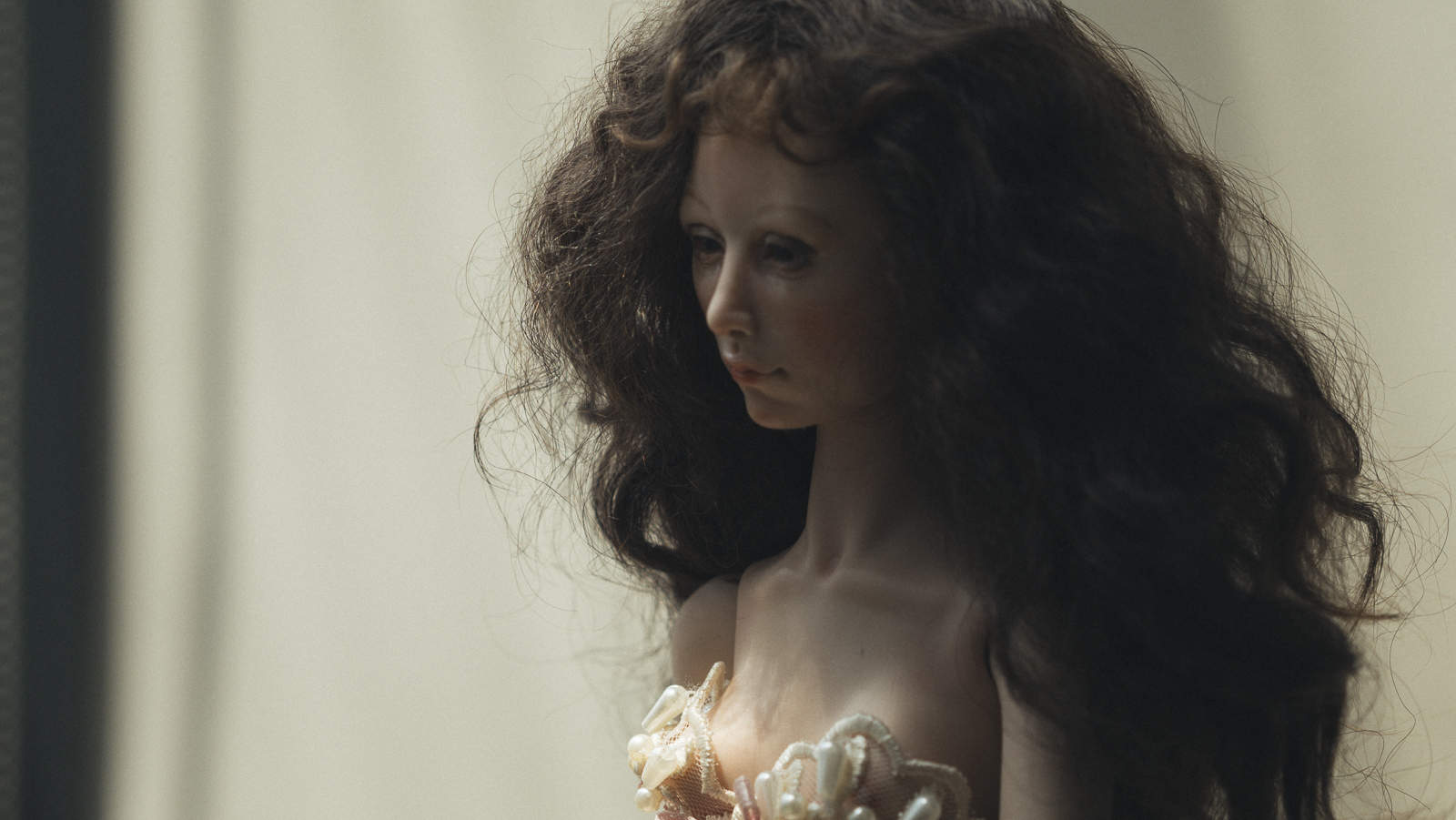
Going outside the boundaries
Bui Thinh Da has several plans for the future. “I have decided to complement the making of BJD dolls dedicated to collectors with another line, simpler in design and produced in larger quantities. This second type of doll aims to celebrate the beauty of the Vietnamese people and preserve their traditional culture. In the process I also organize workshops dedicated to those who want to learn how to make dolls. In about four hours I explain some basic techniques. These workshops are very interesting to me because they allow me to meet many new people who, like me, have a passion for this art form.”
“Do you have any wishes for the future?” I ask him as our time together draws to a close. “If I think about the future, I would like my art and ideas to be able to go outside the borders of Vietnam and reach as many people as possible.”
